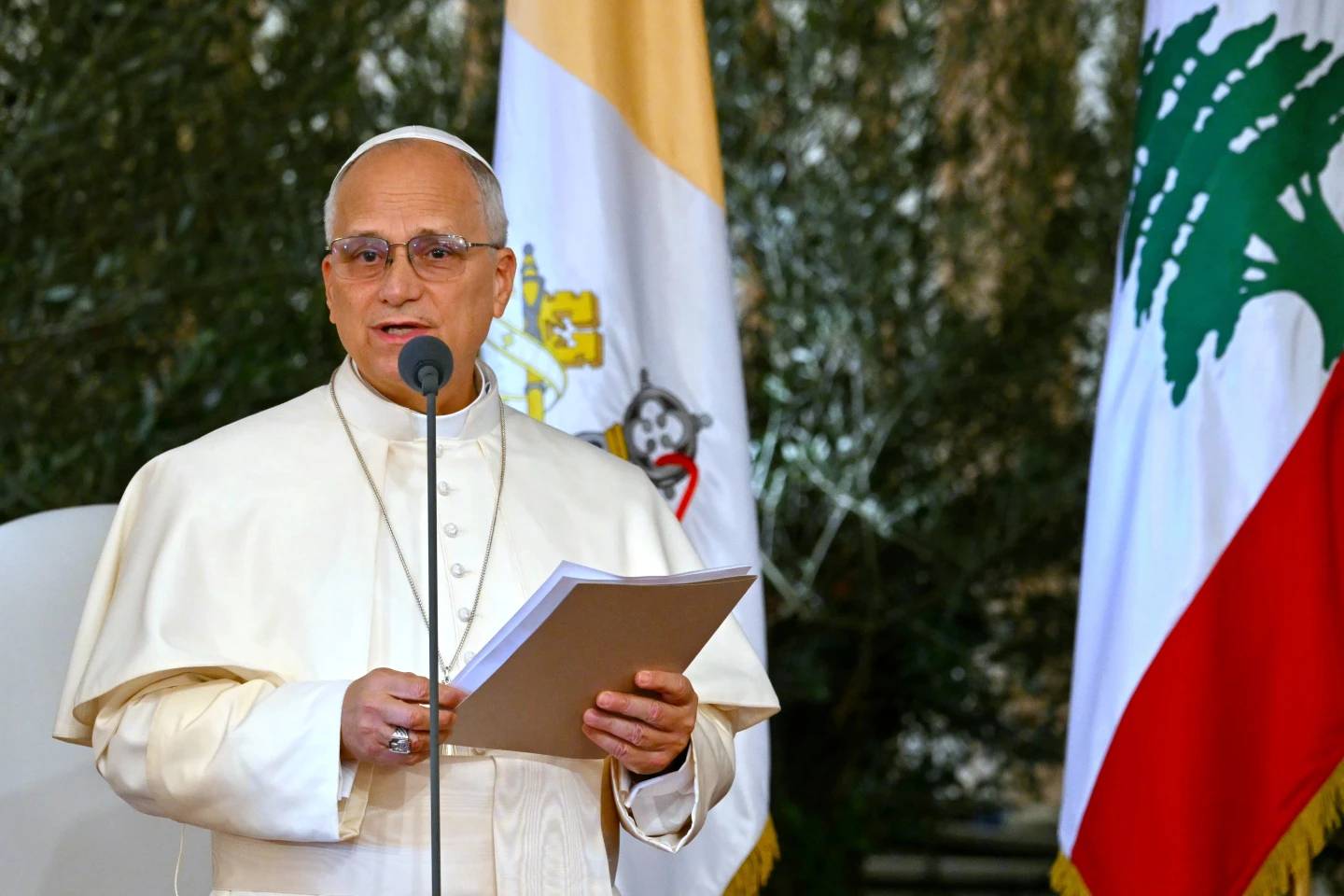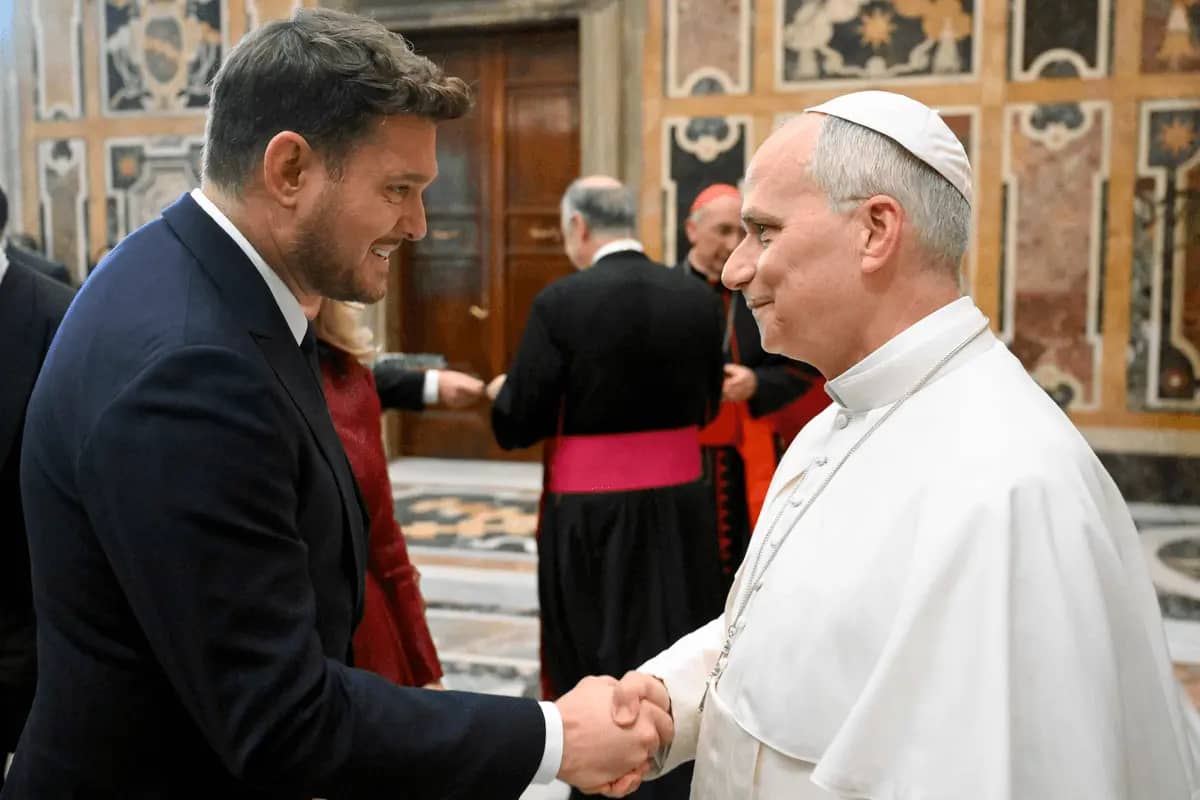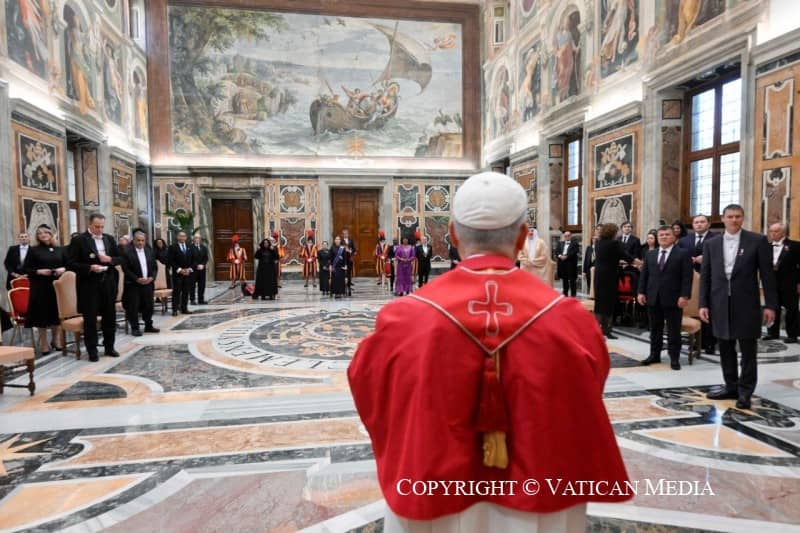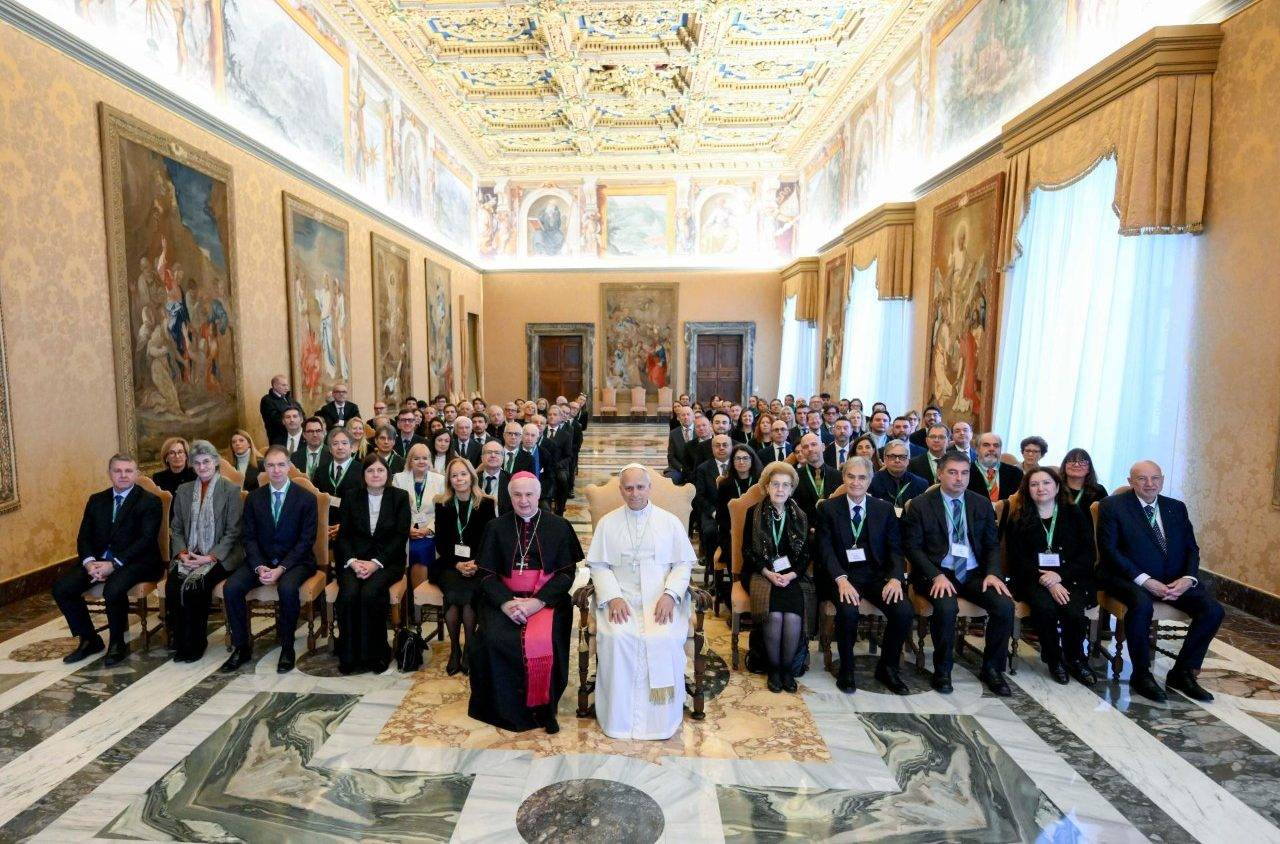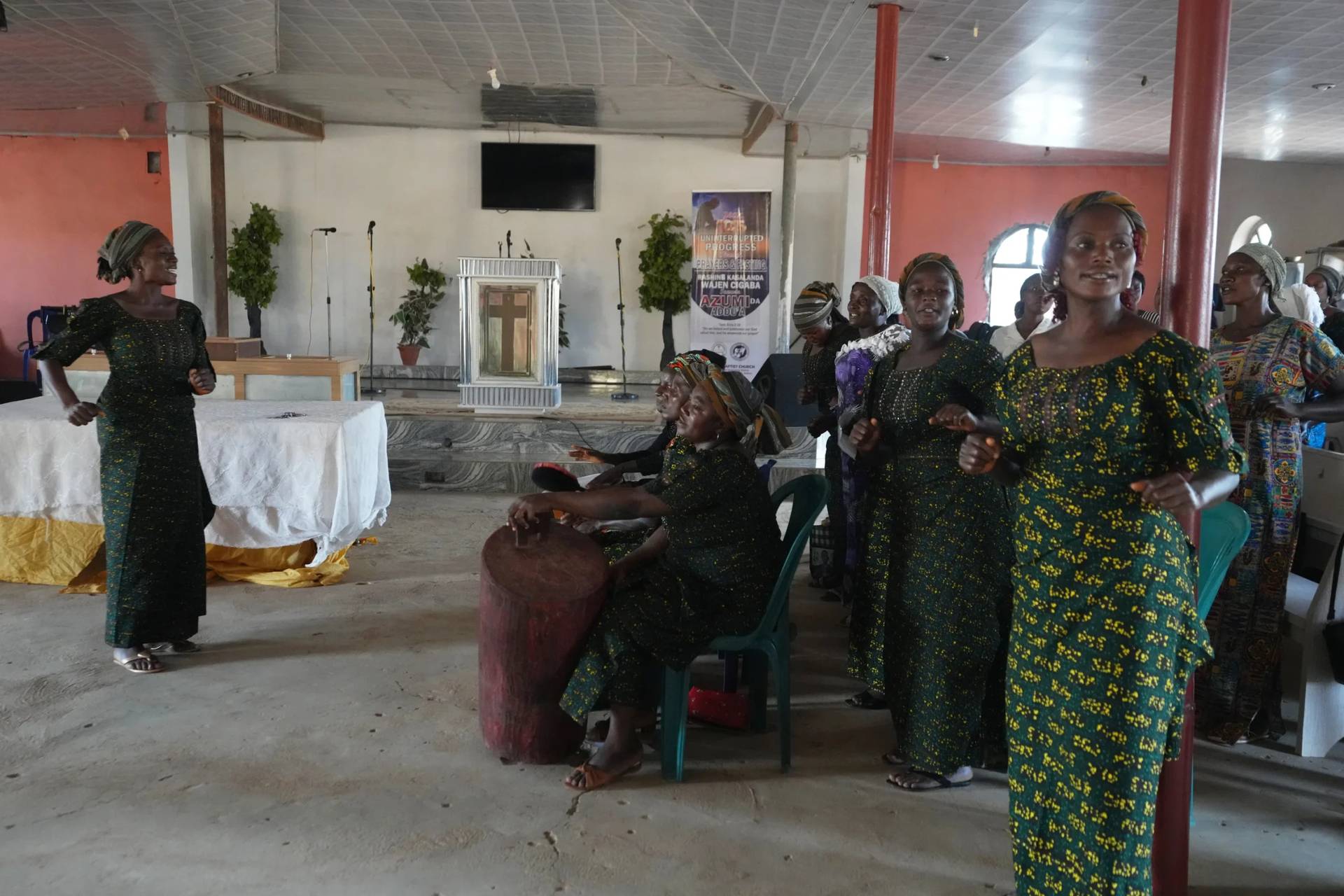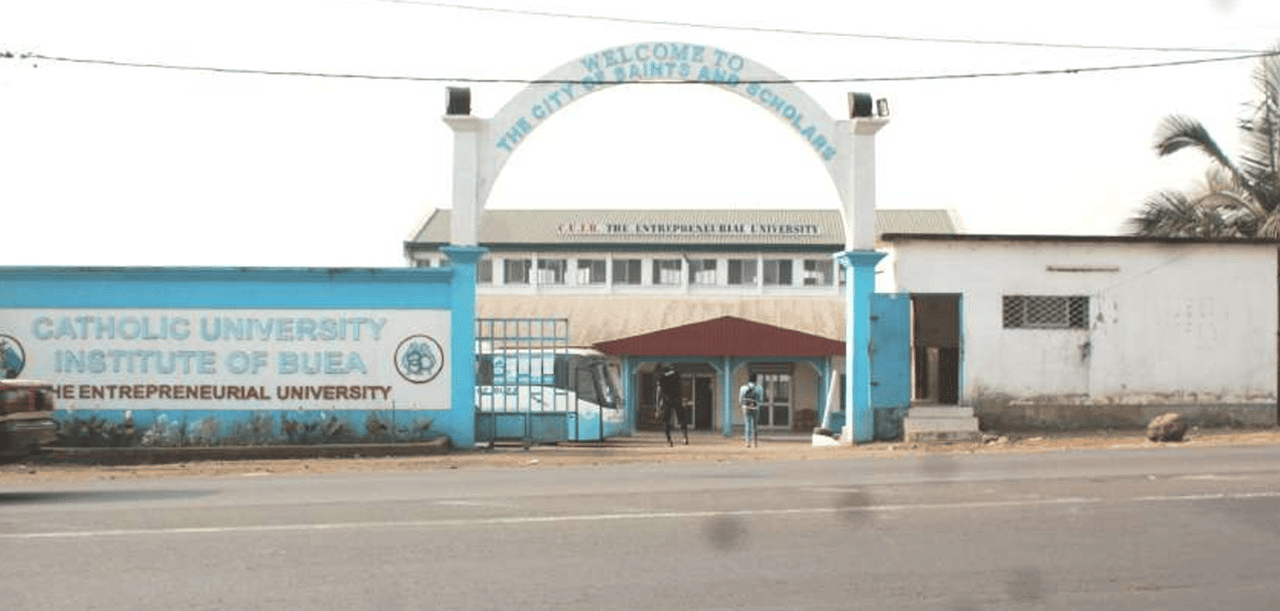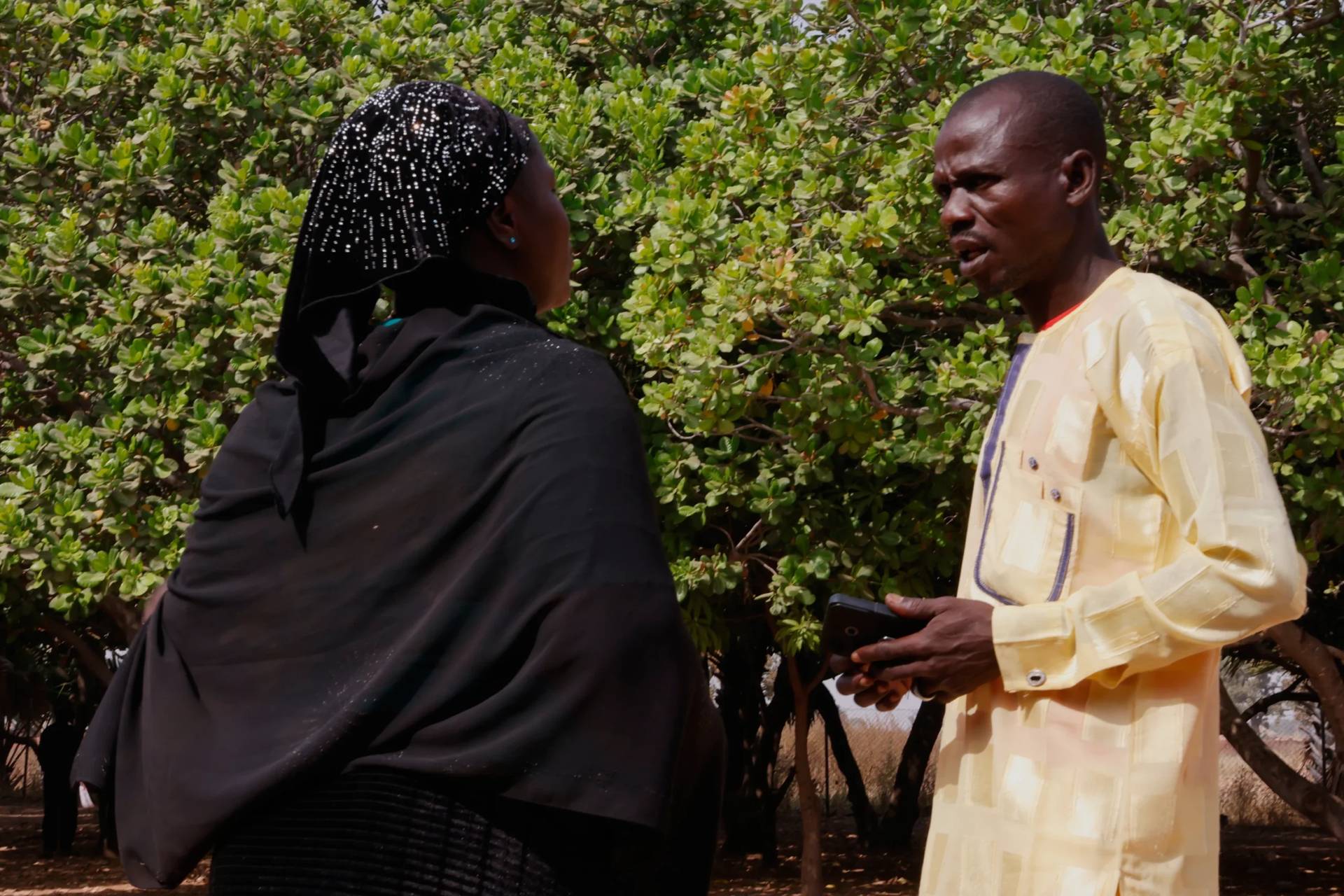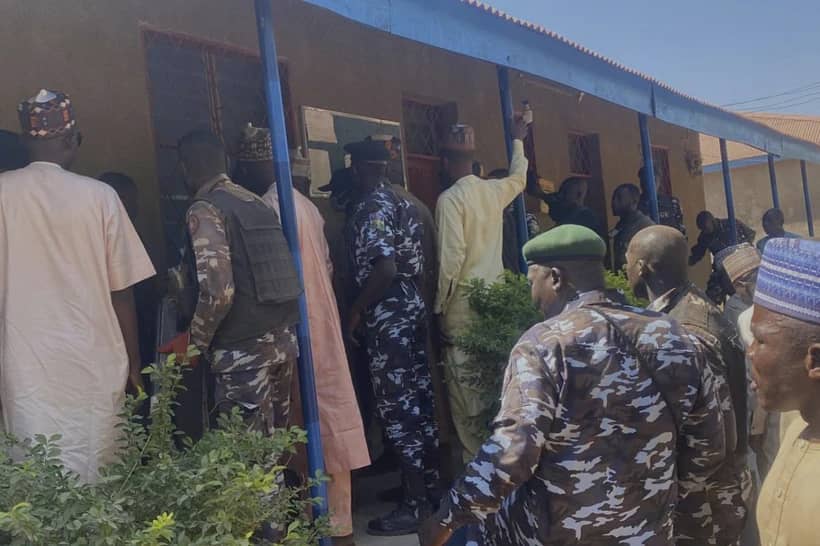YAOUNDÉ, Cameroon – As Africa enters a new year, church leaders hope many of the problems of 2019 can be put behind them.
Cameroon’s Cardinal Christian Tumi noted the importance of the Oct. 29-Nov.4 “Major National Dialogue” to resolve a separatist uprising in the country’s English-speaking regions.
“I would say the outcome of the dialogue was a significant positive step, even if the recommendations do not wholly meet the proposals we made,” the cardinal told Crux.
English speakers make up around 20 percent of the country’s population and have long complained about being marginalized by the French-speaking ruling class.
Cameroon’s English-speaking North West and South West regions have been experiencing a civil conflict since 2016, when demonstrations broke out after there were demands to use French – the majority language in Cameroon – in their common law courts and English-modeled schools.
After Cameroon’s security forces’ heavy-handed response – including using live ammunition on demonstrators – rebel movements arose calling for the independence of Anglophone Cameroon, saying the new country would be called Ambazonia.
The conflict has left at least 3,000 people dead and over 500,000 displaced.
The dialogue ended with the granting of “Special Status” to the country’s Anglophone community.
Tumi said while the special status grants some autonomy to the two regions in terms of their right to practice their Anglo-Saxon educational model and common law tradition, it fails to address certain other fundamental issues.
“I proposed a return to a federal structure of government as obtained at independence before it was scrapped in 1972,” the cardinal told Crux.
“That means the Anglophones were supposed to have a state assembly, a government headed by a prime minister, a house of elders, etc.,” he added.
The special status does not grant any of these proposals, and the cardinal said it left him feeling frustrated.
Still, he said he believes the National Dialogue and the subsequent peace caravans to the regions – one of which he led – have started yielding results.
“Things are changing for the better in the two regions,” he told Crux.
He said some separatist fighters were dropping their weapons and suing for peace, and many citizens who had fled fighting were returning to their homes.
As Cameroon suffered internal conflict in 2019, other African countries dealt with terrorism, xenophobia, and climate change.
“Tragically, except for a few African countries such as Rwanda, Ethiopia and Ghana, there was not much cheery news,” said Nigerian Bishop Matthew Hassan Kukah of Sokoto.
“Elsewhere such as in Nigeria, very little progress has been made in the war against Boko Haram, though banditry has mysteriously disappeared, suggesting that somehow, there was a method to the madness,” he told Crux.
The bishop said the biggest challenge for the continent remains a lack of clarity of vision to unite the people.
“In Nigeria, we are seeing an unprecedented and dangerous deepening of the religious divide as our president seems committed more to establishing an Islamic hegemonic hold on the larger society,” Kukah told Crux.
Nigeria is Africa’s most populous country, with 200 million people, almost evenly divided between Christians and Muslims. President Muhammadu Buhari has been accused of many Christian leaders of favoring his Muslim coreligionists.
“Chronic poverty continues to prepare the ground for the rise of religious extremism especially among dangerous and murderous Islamic groups with the political leaders doing very little to reverse these ugly trends and to create a cohesive society…It remains to be seen whether our leaders can roll back the corrosive impact of Islamism,” the bishop said.
Kukah said the Church tries to counteract fear with hope, and has “focused on the common good, provided a level field for integration through education and health.”
Still, the bishop said this is being countered by “the persistence of extremist Islamic groups and their violence on church and Christianity through the endless murdering of Christians and destruction of their properties.”
“We cannot go on like this and hope to survive as a continent. Religious leaders need to sharpen their voices and offer a clear moral direction that things must change and change urgently,” the bishop said.
Father Peter John Pearson, who heads the Parliamentary Liaison Office of the Southern Africa Bishops’ Conference, told Crux that the problems in Africa reflected the problems in other parts of the world: “The rise in populism, the spread of self-interest, low bars of governance and the growing gap of inequality between peoples, a worsening of the environment while the discourse around such issues remains rooted in practices of sectarial gains.”
The priest said the common good “has been undermined and the marginalized suffer more as a result.”
“In Africa we saw instances of gross human rights abuses in the treatment of refugees in Libya. We saw terrorism in parts of Nigeria linked with religious fundamentalism in places. We’ve witnessed xenophobia in South Africa,” Pearson told Crux.
Pearson said despite these negatives, “pockets of hope emerge, a spirit of dialogue prevails, and tolerance expands,” but the positives are less well-known.
“This is not always the narrative that captures the headlines, but it is a reality and one which we have to foster,” he said.
“The impetus for change is often really in the hands of those on the margins and we need to gather alongside the marginalized and together find strategies for change. This is also my hope for this year. That we will nurture small but feisty and strong-minded people determined to shape a better life for all and to hold those in power to account,” Pearson continued.
“All over Africa ordinary people are really discovering their agency and we need in this New Year to encourage its flourishing. I see the three biggest issues for our advocacy and accompaniment being the issue of our vulnerable displaced persons in all categories, the issue of climate change and good governance that gives voice and justice to the poor,” he told Crux. “I am committed to this in 2020!”
Crux is dedicated to smart, wired and independent reporting on the Vatican and worldwide Catholic Church. That kind of reporting doesn’t come cheap, and we need your support. You can help Crux by giving a small amount monthly, or with a onetime gift. Please remember, Crux is a for-profit organization, so contributions are not tax-deductible.






